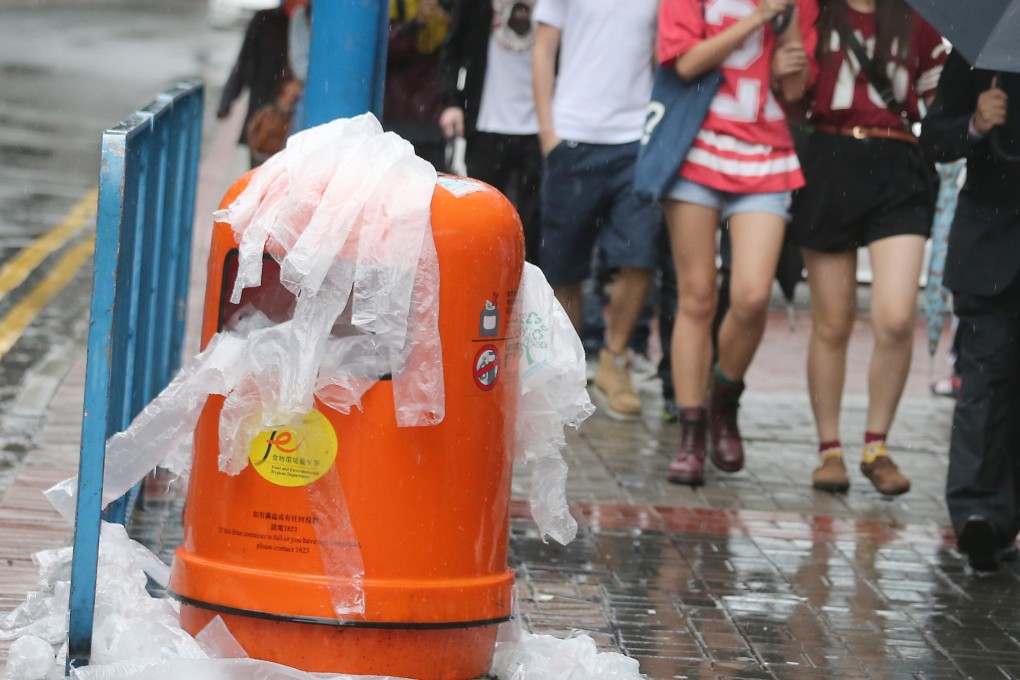Advertisement
Opinion | Hong Kong must tackle plastic pollution at source, not look to questionable solutions
- Excessive use of plastic is often cast as a waste issue that can be solved through recycling. However, globally, only 9 per cent of plastic waste is recycled
- Use of degradable plastics will not help in the absence of recovery systems for such plastics in the city
Reading Time:3 minutes
Why you can trust SCMP
1

A new report by the UN Environment Programme titled “Turning off the tap: how the world can end plastic pollution and create a circular economy” underscores the importance of tackling such pollution at source.
The report provides directions on how to slash plastic pollution by 80 per cent by 2040. A key measure is cutting single-use plastic production by half.
Global plastic consumption has increased enormously since the 1970s and is still growing. The Organisation for Economic Cooperation and Development estimates that in the absence of new policies, global plastic consumption will reach 1,231 million tonnes by 2060, compared with 460 million tonnes in 2019.
As two-thirds of plastic is produced for single use, the vicious cycle of production and disposal is never-ending. If nobody bothers to collect plastic waste for recycling due to high costs, it is most likely to end up in landfills or even more undesirable destinations such as the ocean and the stomachs of wildlife.
Globally, only 9 per cent of plastic waste is recycled, 19 per cent is incinerated and 50 per cent ends up in landfills while the remaining 22 per cent has not been managed properly.
Plastic debris accounts for at least 85 per cent of total marine waste. The smallest plastic particles – microplastics – are also found in the air, soil, potable water, food and the human bloodstream.
Advertisement
